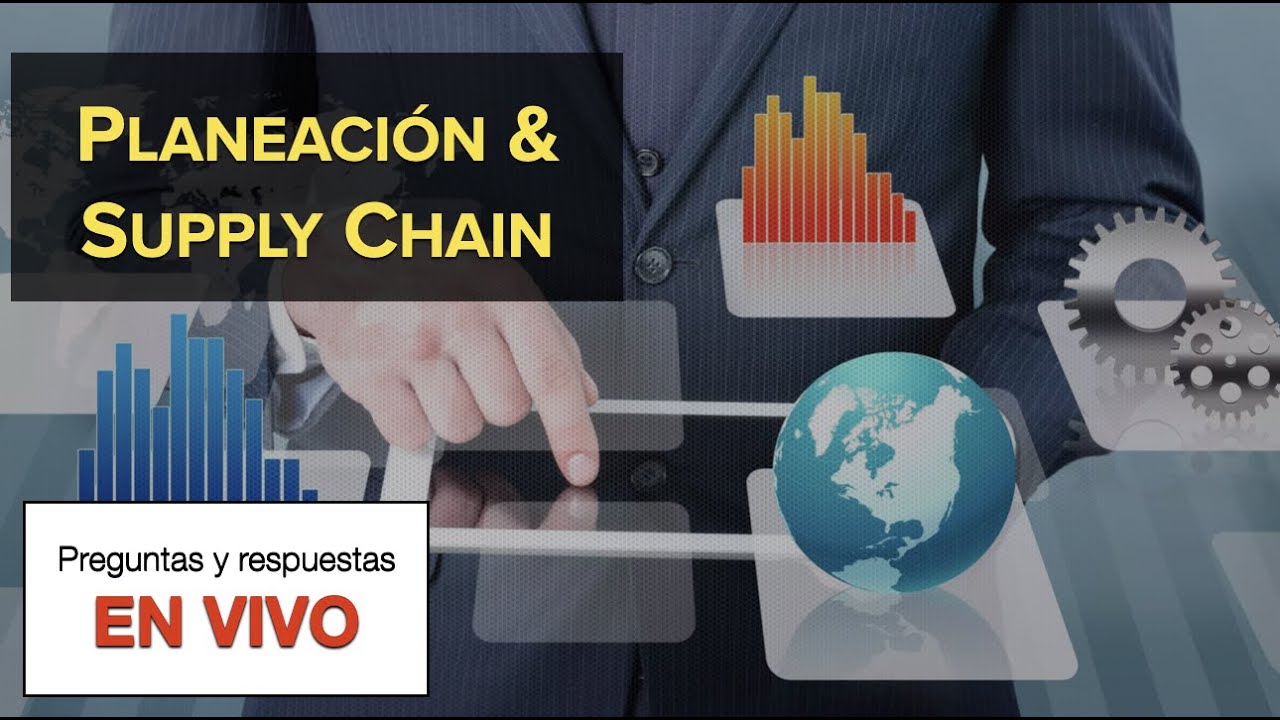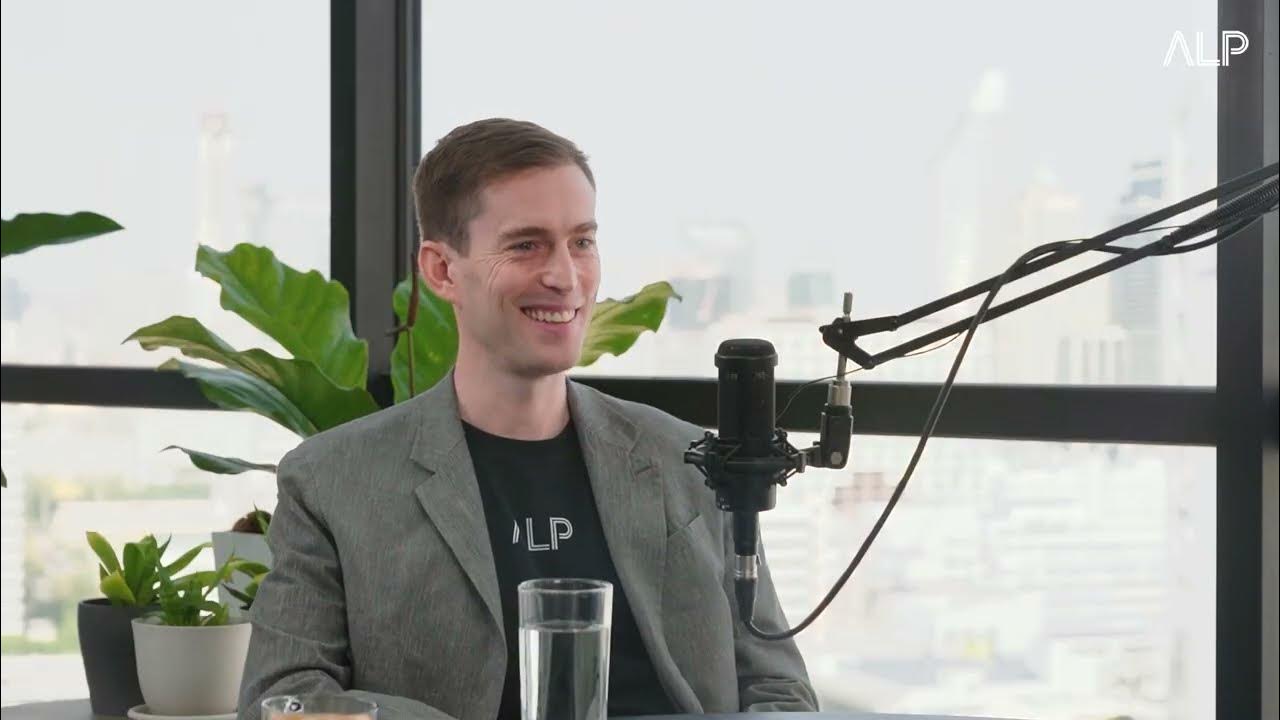Beyond the Box Episode 10: Are we there yet? The road to net zero
Summary
TLDR本期播客《超越盒子》讨论了海运业对实现零碳排放目标的挑战和未来前景。海运业占全球温室气体排放的3%,国际海事组织(IMO)设定了到2050年左右达到净零排放的新目标。嘉宾们强调,要实现这一目标,需要整个生态系统的合作,包括减少船队能源需求、加速绿色燃料生产、寻找过渡性商业模式,以及制定强有力的国际法规。他们还讨论了提高船舶能效、绿色燃料供应、碳税和绿色走廊等议题,强调了采取行动的紧迫性,以及这些措施对应对气候变化的重要性和潜在商业机会。
Takeaways
- 🌏 航运业对全球温室气体排放的贡献约为3%,国际海事组织(IMO)设定了到2050年左右实现净零排放的新目标。
- 🔍 要实现零排放目标,需要整个生态系统的合作,解决行业系统性低效问题,重点关注船队能源需求,并通过现有技术有效降低至少15%。
- 🚀 加快绿色燃料的生产和规模化是实现零排放的关键之一,同时需要找到过渡性的商业模式来解决全球航运业面临的支付意愿问题。
- 💡 绿色燃料的供应满足需求是一个主要挑战,市场上对于低排放燃料的供应并不充足,需要提高透明度并加速供应链各环节的合作。
- 🛳️ 船舶能效的提升是减少排放的有效途径,通过技术升级和改造,可以实现显著的能效提升,如某项目提高了20%的能效。
- 📉 能效提升不仅有助于环保,也具有财务效益,因为它减少了燃料的使用,从而降低了成本。
- 🛃 国际监管对于推动航运业减排至关重要,需要确保正确的速度和加速度来实现减排目标。
- 💼 经济学家认为,通过征收碳税来平衡重油和绿色燃料之间的竞争力,并利用税收收入支持行业公正和可持续的转型。
- 📊 绿色走廊的概念被提出,通过在特定航线上建立封闭环境,集中展示如何实现航运业的绿色转型。
- 🌱 绿色走廊倡议被视为积极措施,因为它们允许与所有利益相关者进行不同的对话,探讨如何公平分配成本并认识到客户的价值。
- 🔄 需要重新思考经济模型,将环境作为资源纳入考虑,并在成本中计入碳排放的成本,以促进行为的改变。
Q & A
为什么需要实现航运业的零碳排放?
-航运业占全球温室气体排放的3%,为了对抗气候变化,国际海事组织(IMO)设定了到2050年左右实现净零排放的目标。实现零排放有助于减少对环境的影响,为后代创造一个更加宜居的地球。
目前航运业在实现零排放目标上面临哪些挑战?
-航运业实现零排放面临的挑战包括需要巨大的行业协作,解决系统性效率问题,加速绿色燃料的生产,寻找过渡性的商业模式,以及需要国际法规的支持来确保正确的速度和加速。
什么是绿色燃料,它们在减少航运业碳排放中扮演什么角色?
-绿色燃料指的是那些排放较低的燃料,比如氢燃料电池(HBO)。它们对减少航运业的碳排放至关重要,因为它们可以作为过渡性或长期解决方案,帮助航运业减少对化石燃料的依赖。
为什么说能源效率的提升是实现零排放的关键?
-提升能源效率可以直接减少船队的能源需求,通过现有技术至少可以减少15%的能源消耗。这不仅有助于减少碳排放,同时从财务角度来看,也能减少燃料成本。
目前航运业在能源效率方面已经取得了哪些进展?
-一些公司如Ell已经通过技术升级和改造,比如改进螺旋桨和船只的改造,显著提高了能源效率。例如,有的项目通过这些措施将能源效率提高了20%。
什么是绿色走廊(Green Corridors),它如何帮助实现航运业的可持续发展?
-绿色走廊是一种概念,它指的是在特定的航线上实施一系列的措施,包括使用绿色燃料、改善港口基础设施、获得政府许可和融资结构等,以创建一个小型的、可持续的航运环境模型。这有助于展示如何在小规模上实现全球航运业的转型,并从中学习经验。
为什么需要国际法规来支持航运业的零排放转型?
-国际法规可以确保所有国家和公司都遵循相同的标准和速度进行转型,避免出现不公平的竞争环境。此外,法规还可以推动行业采用新技术和燃料,以及通过碳税等措施来平衡化石燃料和绿色燃料之间的竞争力。
碳税在推动航运业零排放转型中扮演什么角色?
-碳税可以作为一种经济激励措施,通过提高使用化石燃料的成本,促使行业转向更清洁的能源解决方案。此外,碳税的收入可以重新投入到行业中,支持绿色转型和市场的发展。
为什么说航运业的效率提升是实现零排放的短期解决方案?
-在短期内,通过提升能源效率可以直接减少燃料消耗和碳排放,同时降低运营成本。这为航运公司提供了一个立即可行的解决方案,而不必等待新的零排放燃料技术成熟。
为什么说实现零排放不仅是一个环境问题,也是一个商业机会?
-实现零排放需要开发和采用新的技术和燃料,这为航运业带来了新的商业机会。能够解决这些难题并规模化新技术的公司将能够获得市场优势,并可能引领行业转型。
为什么说航运业需要重新考虑其经济模型,以纳入环境成本?
-传统上,环境资源被视为外部性,没有被纳入经济模型中。为了推动真正的变革,需要重新思考这一模型,将环境成本纳入产品和服务的定价中,以反映其真实的社会和环境影响。
为什么说提升对范围3排放的认识和报告对于航运业至关重要?
-范围3排放涵盖了公司价值链中间接产生的所有排放,包括上游和下游活动。提升对范围3排放的认识和报告有助于公司更全面地了解其环境影响,并采取措施减少整个供应链的碳足迹。
Outlines

This section is available to paid users only. Please upgrade to access this part.
Upgrade NowMindmap

This section is available to paid users only. Please upgrade to access this part.
Upgrade NowKeywords

This section is available to paid users only. Please upgrade to access this part.
Upgrade NowHighlights

This section is available to paid users only. Please upgrade to access this part.
Upgrade NowTranscripts

This section is available to paid users only. Please upgrade to access this part.
Upgrade NowBrowse More Related Video

Planificación ESTRATÉGICA y la Cadena de SUMINISTRO - Administración de Operaciones

Maersk Trade Talk: To enable better trade

Beyond the Box Bonus - How to tackle supply chain emissions in the chemical industry

Innovating to zero! | Bill Gates

中国政府禁用Intel和Windows?毫无意义的信创、从日本PC 98、DoCoMo 3G手机和苏联的科技谈起

ALP Podcast Episode 1: Supply Chain & Logistics Challenges and Opportunities with Carl Hemus
5.0 / 5 (0 votes)
